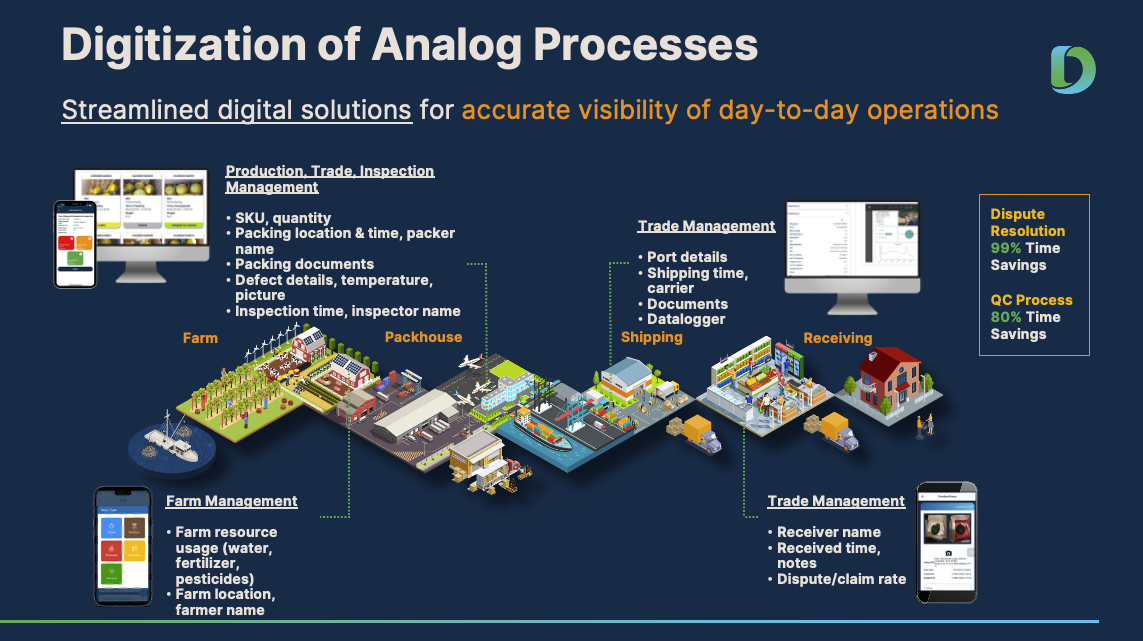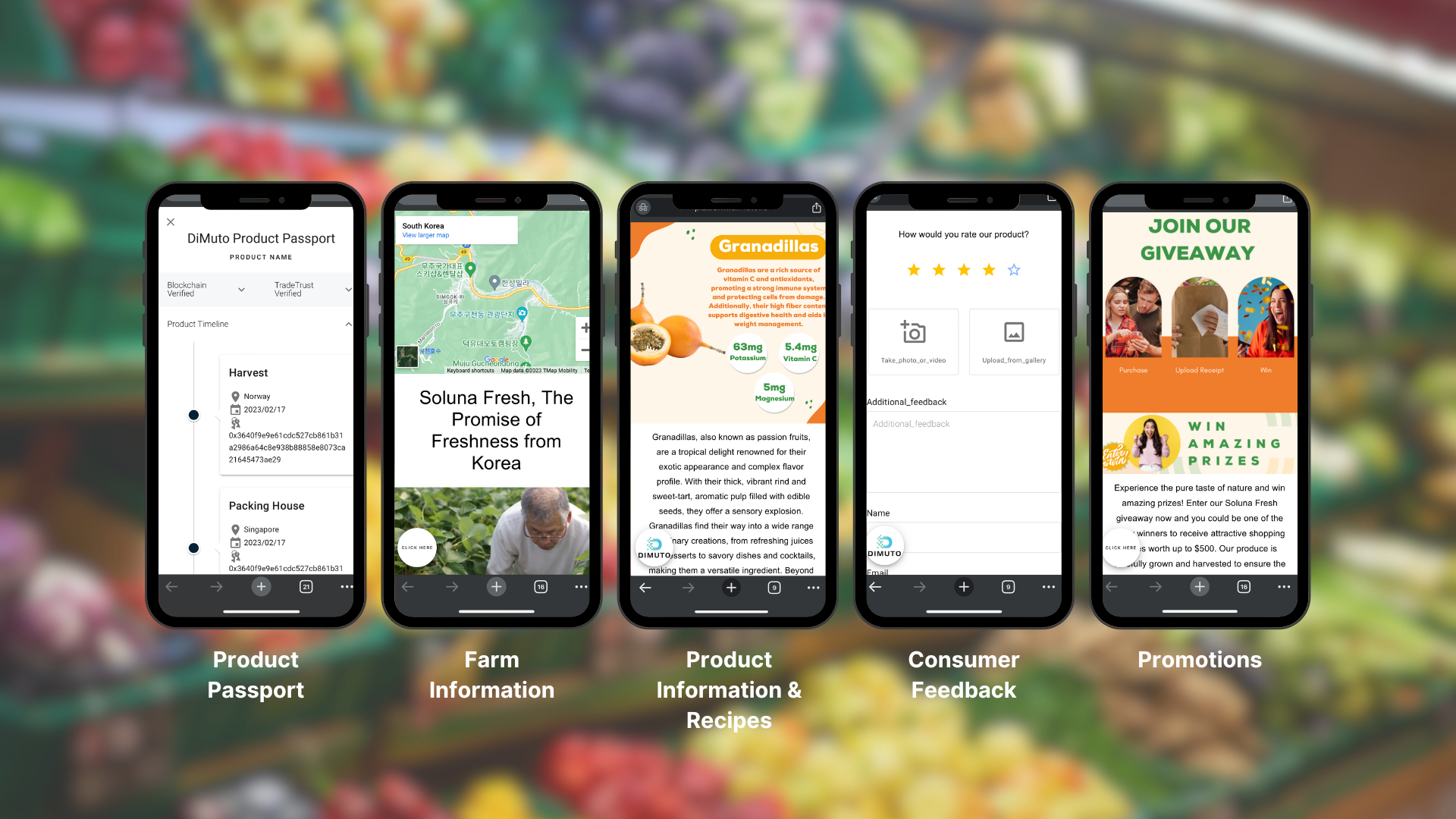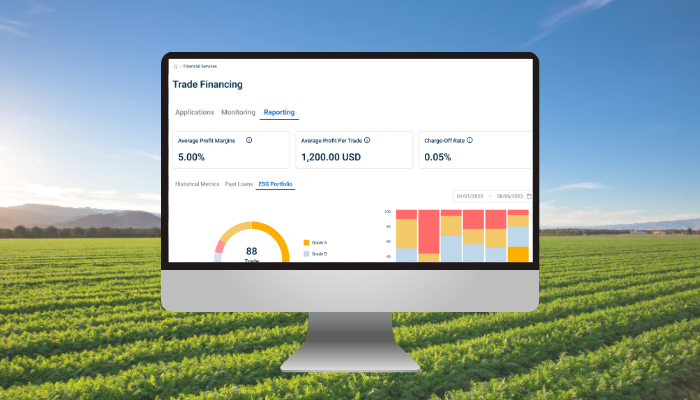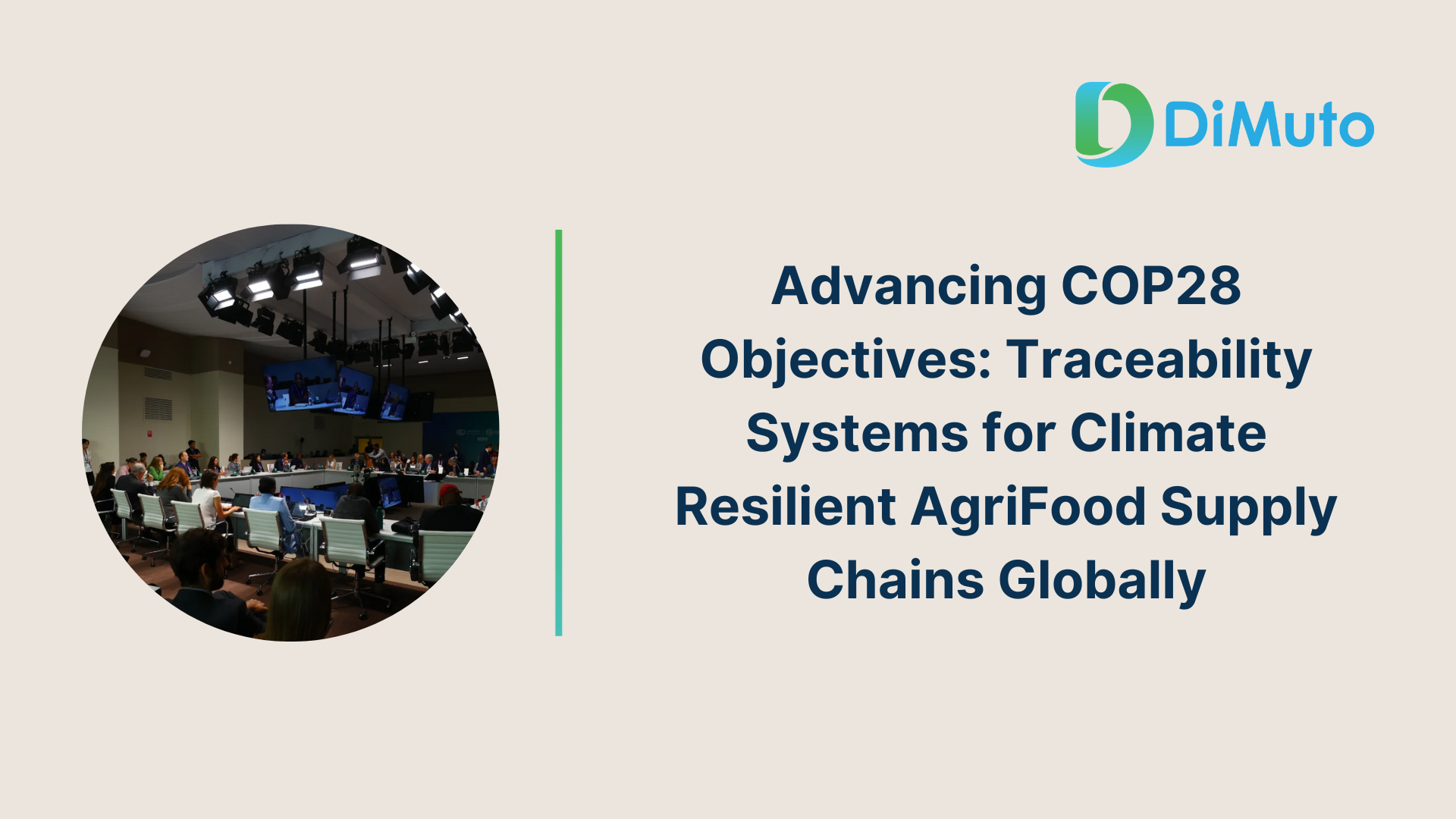The recent COP28 UAE Declaration on Sustainable Agriculture, Resilient Food Systems, and Climate Action stands as a beacon of hope amidst the increasing threats posed by climate change to agriculture and food security worldwide. Endorsed by 158 countries, this declaration underscores the urgent need for collective action to address the challenges faced by farmers, fisherfolk, and food producers while emphasizing the potential of agriculture and food systems to combat climate change and ensure global prosperity.

The declaration recognizes the critical role of international cooperation, innovative solutions, and comprehensive strategies in responding to the climate crisis while ensuring access to safe, affordable, and nutritious food for all. In particular, more than USD7.1 billion has been mobilized during COP28 for climate positive action in the food system sector. These efforts aim to adapt and transform agriculture and food systems to align with the imperatives of climate change.
Tapping Into Traceability Solutions
This makes the role of advanced technology and traceability systems within the AgirFood industry have paramount importance in achieving the declaration’s commitments by 2025. Traceability solutions offer a comprehensive approach to track and trace food products across complex global supply chains. These systems employ innovative technologies such as blockchain, IoT (Internet of Things), and data analytics to provide real-time information about the journey of produce, ensuring transparency and accountability.
Companies like DiMuto have emerged as key players in providing such solutions, empowering AgriFood stakeholders by increasing sustainable production and consumption, making ESG reporting accessible across global food supply chains, and accessing green financing.
Increasing Sustainable Production and Consumption

DiMuto’s Trade Management Solution empowers AgriFood supply chain stakeholders, consumers, and policymakers with accurate data about the origin, quality, and sustainability of food products. By ensuring transparency and accountability at every stage, identifying inefficiencies and bottlenecks within the supply chain becomes easier and faster. Consequently, AgriFood businesses can better streamline their operational processes and minimize wastage.

Moreover, DiMuto’s SMART Marketing Feature fosters trust and confidence among consumers by delivering authentic, verifiable information about the origin, quality, and sustainability of food products. Now, consumers can make informed choices, supporting ethical and sustainable practices in the AgriFood industry.
Making ESG Reporting Accessible

Together with supply chain traceability data tracked on DiMuto’s Trade Management solutions, DiMuto’s ESG Management feature helps AgriFood companies determine key sustainability metrics. Now, businesses can immediately determine their food waste from rejected or discarded products, carbon emissions from shipments and electricity usage, and water usage across locational facilities. These 3 key data metrics are then aggregated automatically on DiMuto’s ESG Dashboard. This dashboard helps Agrifood business owners easily see the environmental impact of their operations and follow product lifecycles in real-time, providing insight into their environmental impact.
Furthermore, this data can be immediately generated into a report using AI Tools to be shared with relevant parties, helping AgriFood businesses save valuable time and resources. Consequently, companies can now easily navigate the complex ESG regulations landscape and ensure that they are compliant with evolving sustainability frameworks and standards. Additionally, larger AgriFood companies can also take charge of their supplier programs, allowing them to assess their trade partners according to their sustainability standards or goals to build stronger and more responsible supply chains.
Find out more about how DiMuto empowers AgriFood businesses to plan, measure, and communicate their critical ESG information here.
Accessing Green Financing

DiMuto’s Financial Services allows companies to be eligible for Green Financing, based on sustainability metrics determined from DiMuto’s ESG Management Feature. Using AI, aggregated sustainability data is analysed for financiers to easily understand which companies are aligned with their sustainability goals. As financiers increasingly acknowledge the value of ESG-aligned investments, DiMuto’s AI-powered Financial Services bridge the gap between sustainable practices and access to capital, fostering a virtuous cycle of investment in transformative and eco-friendly initiatives across the agrifood supply chain.
As nations commit to integrating agriculture and food systems into their climate action plans, traceability systems serve as indispensable tools in achieving these goals. By providing a robust framework for transparency, accountability, and sustainability, these systems bridge the gap between global commitments and on-ground implementation.
In conclusion, the COP28 UAE Declaration on Sustainable Agriculture, Resilient Food Systems, and Climate Action represents a significant step towards addressing the challenges faced by agriculture and food systems in the wake of climate change. The integration of critical technology systems, exemplified by DiMuto and other organisations, into the Agrifood industry serves as a catalyst to achieve sustainable, resilient, and climate-adaptive agriculture and food systems on a global scale. As nations collaborate and commit to these objectives, the role of technological advancements in supporting these efforts cannot be overstated.


